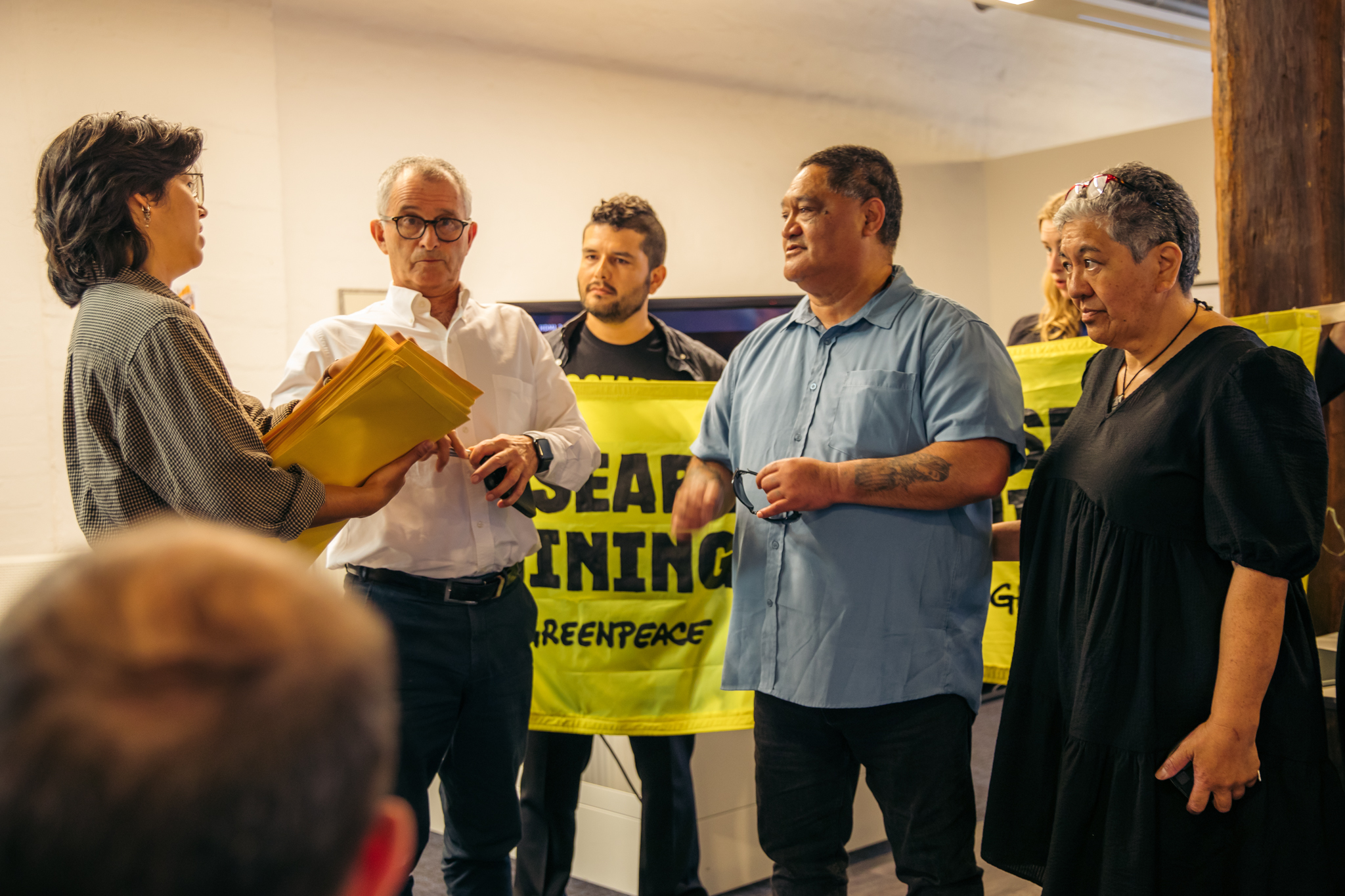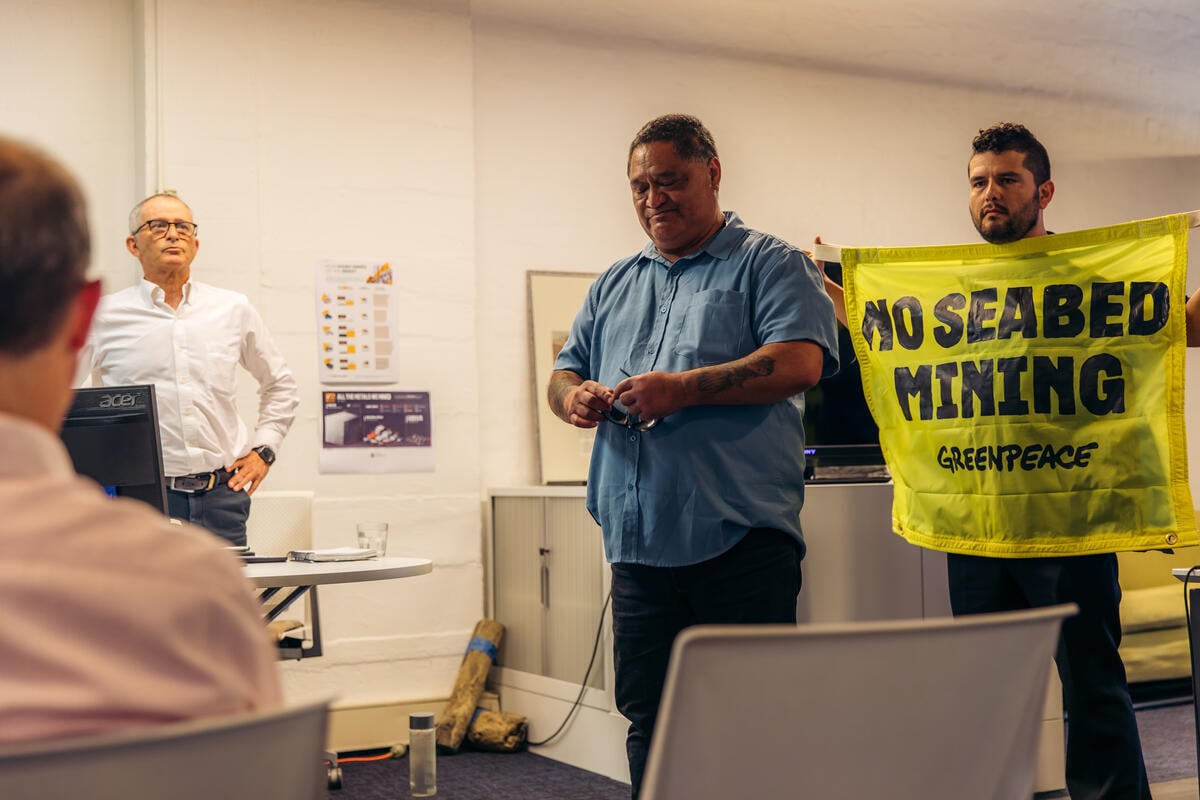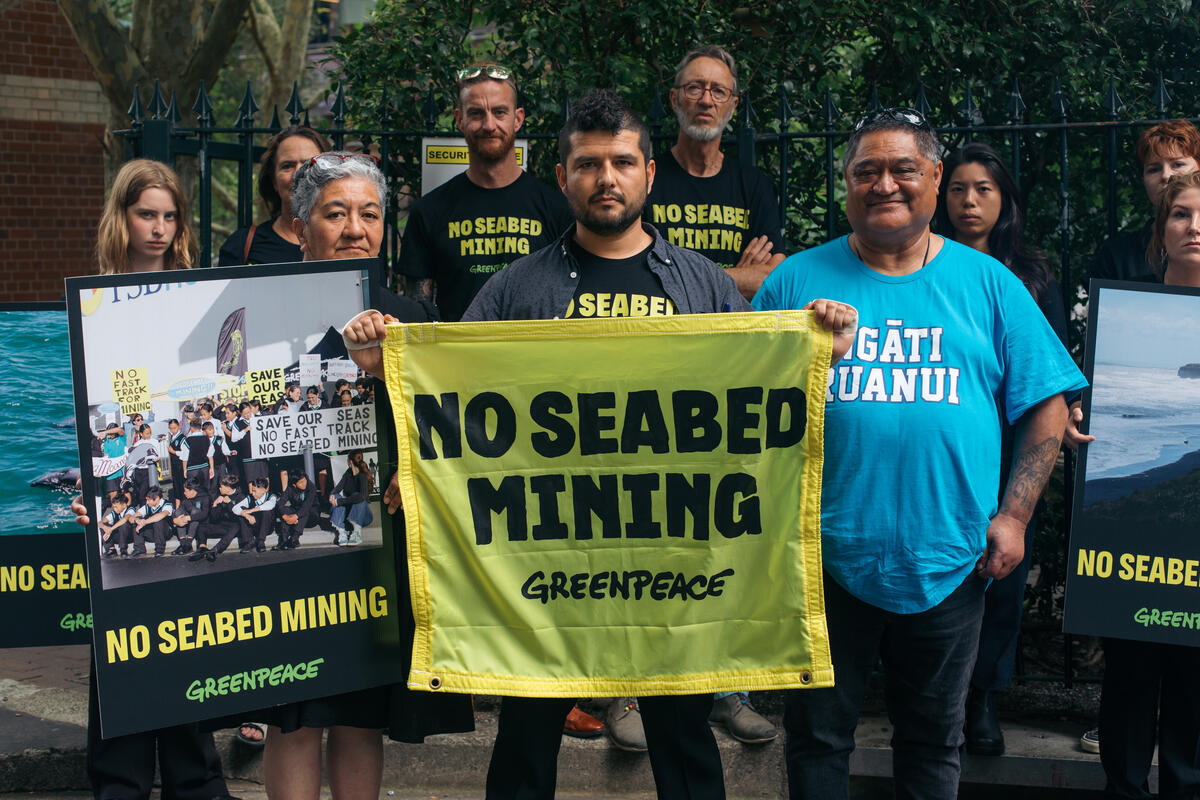Luckily for the world, there are people who’ve long known what deep sea mining puts at stake and have been fighting against it from all over the Pacific. To chart our path forward, we must know where it started. In my first piece I outlined why deep sea mining is dangerous, but this piece spotlights the Pacific civil society organisations who shoulder the on-the-ground work and whose shoulders we stand on.
The movement to stop deep sea mining in the Pacific unites islands, generations, and expertise in resisting this emerging industry. Civil society organisations like Te Ipukarea Society (Cook Islands), Civil Society Forum of Tonga, Tetiaroa Society (Tahiti), Alliance of Solwara Warriors (Papua New Guinea), and the Pacific Network on Globalisation and Pacific Island Climate Action Network (both region-wide) have long recognised the downfalls of mining the deep sea and the chance the Pacific Islands have to stop it before it starts. These groups are a part of and actively engage with the communities that’ll face the direct impacts of the industry, making their work indispensable.
Pacific civil society plays vital role in fight against deep sea mining
With the deep ocean being one of the last pristine environments on Earth, Pacific custodianship plays a vital role in marine health. Consider the importance of the Pacific Ocean. It covers a third of the world’s surface area, is larger in surface area than Mars, and only 13.8% of it has been mapped. Advocating for protection against corporate greed seeking to deplete the deep sea’s finite resources is a monumental task.
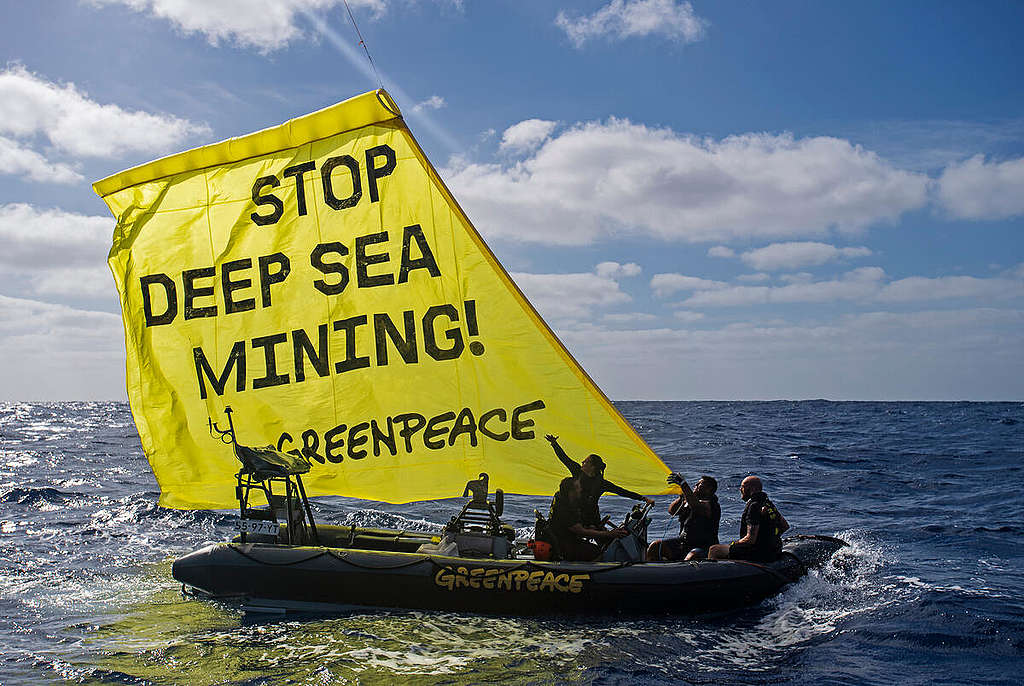
Now consider the position of the Pacific civil society organisations that have taken this challenge on. Despite limited resources and the burden of past environmental harms, they continue to lead marine conservation efforts. Pacific Islanders have historically lived sustainably in place for thousands of years, contributing only 0.03% of the world’s carbon emissions. Yet, they still bear the personal cost of protecting the ocean and ensuring community safety, driven by hope for better environmental conditions for future generations. As a Hawaiian proverb says:
He po’i na kai uli, kai ko’o, ‘a’ohe hina pūko’a.
Though the sea is deep and rough, the coral rock remains standing.
The ‘coral rock’ in this case, is the intergenerational responsibility that is at the core of Pacific cultures. Whether it’s a local or international arena, their work is extensive and centred on this integral collective duty.
These organisations’ main goal is to persuade the International Seabed Authority (ISA) to impose a moratorium on deep-sea mining, if not a ban. Their strategy involves both lobbying their own governments to deny deep sea mining licences to Western companies and advocating against the industry at ISA hearings.
Locally, they raise awareness and educate communities by uniting marine biologists, traditional knowledge holders, scientists, cultural and religious leaders, politicians, storytellers and activists. This holistic approach, rooted in the Pacific belief that people are interconnected with the environment, makes for an all-encompassing view that considers marine life, people and ocean in ways that Western environmental organisations often don’t. It strengthens the case against deep-sea mining and resonates authentically, making the issue accessible to the communities that would be affected. This connection is paramount in mobilising the community to influence Pacific politicians to say no to deep sea mining.
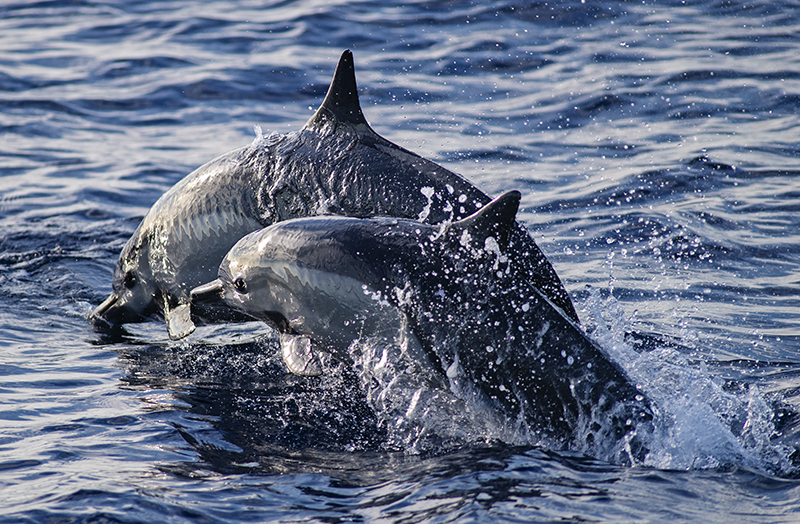
Their community mobilisation comes in the form of education through workshops, reporting on industry updates, and organising peaceful demonstrations to raise awareness. They hold the line by lobbying for transparency from governments and mining companies about their plans, environmental assessments and decision-making processes. Cross-island collaboration between these groups builds alliances to present a united front against deep sea mining, strengthening regional cooperation.
These alliances are necessary when it comes to the global participation of these organisations at forums like the ISA, where they advocate for stronger regulations. In rooms where the future of their environment and communities is dictated by many who will not feel the first effects of deep sea mining, organisations like these are essential to holding decision-makers accountable. Collaboration with global organisations like Greenpeace broadens their reach and encourages international actors to respect indigenous cultural protocols.
“Pacific people shouldn’t have to fight for the health of an ocean that benefits the world”
Since some of the values that inform western environmentalism have been embedded in Pacific cultures from their beginning, in this way Pacific-led organisations are tuakana (elders) to their western counterparts. There is a lot for international organisations like Greenpeace to learn from them.
While the work of these organisations is commendable, the reality is stark: Pacific people shouldn’t have to fight for the health of an ocean that benefits the world, face new environmental threats, or confront another industry that threatens to cause them harm – but despite all odds, they do. They are resilient but world leaders, corporations, and the ISA must ask: why are they forced to be?
We must do more than commend them for their efforts. We must do our part to ease the load as their work benefits us all. These groups serve as ocean protectors who embody the environmental values of their ancestors in a rapidly modernising world that often overlooks Pacific people and beliefs, to its own detriment. Facing environmental crises firsthand, they challenge powerful industries with unyielding conviction, recognizing that fatalism is a luxury their communities cannot afford.
Protecting natural resources against deep sea mining isn’t just about preserving the environment—it’s about safeguarding their cultural heritage, community well-being, and the future of their children. Pacific people paying it forward to their descendants is paving the way for the worldwide Stop Deep Sea Mining movement. Though the waters are uncharted, they remain firm in their conviction – wayfinding a path for all to heed the call to protect our Pacific Ocean.
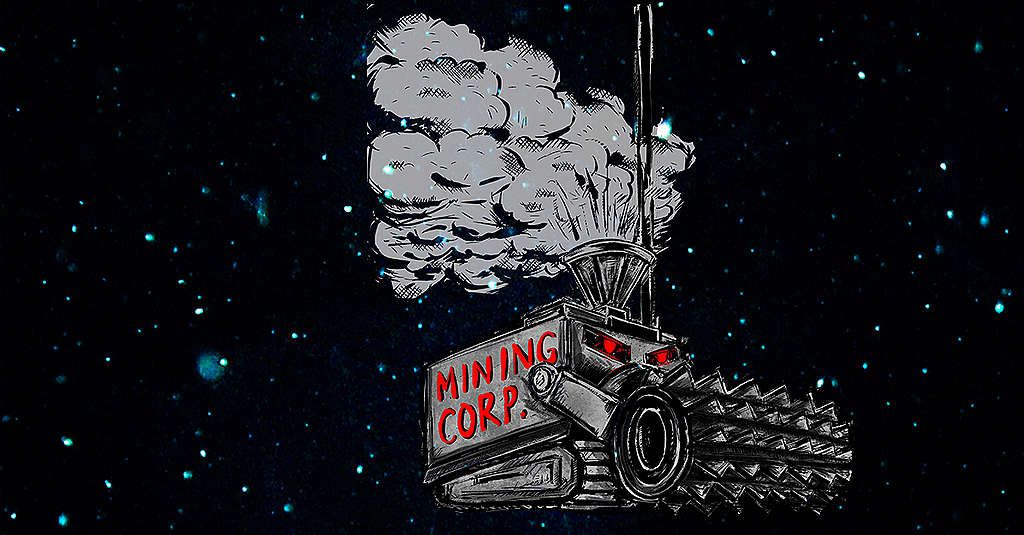
It’s time for New Zealand to take a stand. Join our call on the New Zealand government to back a global moratorium on seabed mining.
Take Action
